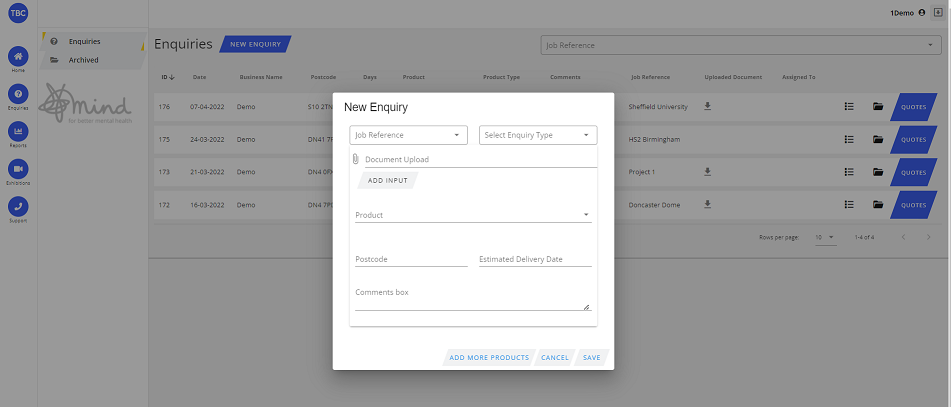Finding Local Suppliers
To source roofing materials locally, subcontractors can employ these strategies:
Research: Utilise online directories, industry associations, and recommendations from colleagues to identify local suppliers.
Site Visits: Inspect local supplier facilities to assess product quality, variety, and reliability.
Request Quotes: Obtain quotes and product information from multiple local suppliers to make informed decisions.
Establish Partnerships: Build long-term relationships with local suppliers to ensure a steady and dependable supply chain.
Roofing is a critical component of construction projects, influencing safety, energy efficiency, and the overall quality of a building. Subcontractors can harness the benefits of local sourcing to reduce their environmental impact, bolster local communities, and adhere to Scope 3 ESG principles. By cultivating strong relationships with local suppliers, subcontractors can enhance the quality and sustainability of their projects while contributing to a more resilient and responsible construction industry. In doing so, they become key players in advancing sustainable practices within the construction sector.




